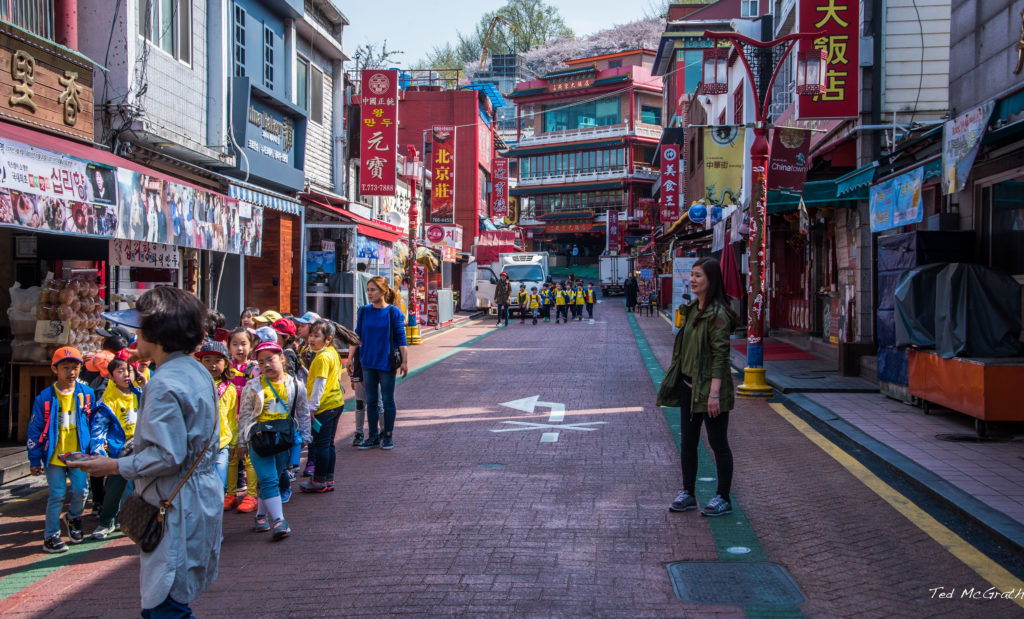The Peninsula
Backlash Against A Path to Citizenship

What Happened
- On June 1, the Ministry of Justice announced a revision to the Nationality Act that will make it easier for the children of permanent residents to receive South Korean citizenship.
- The new policy sparked a backlash from those who believe the policy favors Chinese residents living in South Korea, as 95% of those who would benefit from the policies are of Chinese descent.
- A petition on the Cheong Wa Dae website against the proposed changes has 317,000 signatures and claims that Chinese residents in South Korea already receive adequate rights from their status as permanent residents.
Implications: Public policies aimed at addressing South Korea’s demographic decline increasingly face headwinds from deeply-held social attitudes. The proposed changes to the Nationality Act would grow the South Korean citizenry by extending citizenship to children of permanent residents who have lived in South Korea for two or more generations, or permanent residents with “blood or cultural ties.” But some detractors argue that the government is aiming to solve South Korea’s declining population by granting more rights to “foreigners” before supporting its own citizens. The ongoing tensions between South Korea and China have not helped ameliorate these attitudes as many of the beneficiaries of this policy would be people of Chinese descent.
Context: The South Korean government has implemented various policies over the past decades to increase immigration and integrate foreign-born residents. Some of these efforts also faced domestic pushback. Since the early 2000s, South Korea has invited “foreign-born workers” to offset the country’s declining labor pool. In 2011, the government began offering childcare subsidies for families with mixed Korean and foreign-born parents. These were offered regardless of the family’s income. Because childcare subsidies were only offered to South Korean families based on income, some decried the policy as “reverse discrimination.” Initiatives to support the integration of foreign-born spouses of Korean nationals and their children have also elicited criticism.
This briefing comes from Korea View, a weekly newsletter published by the Korea Economic Institute. Korea View aims to cover developments that reveal trends on the Korean Peninsula but receive little attention in the United States. If you would like to sign up, please find the online form here.
Korea View was edited by Yong Kwon with the help of Sean Blanco, Marina Dickson, Alexandra Langford, and Jina Park. Picture from the flickr account of Ted McGrath
